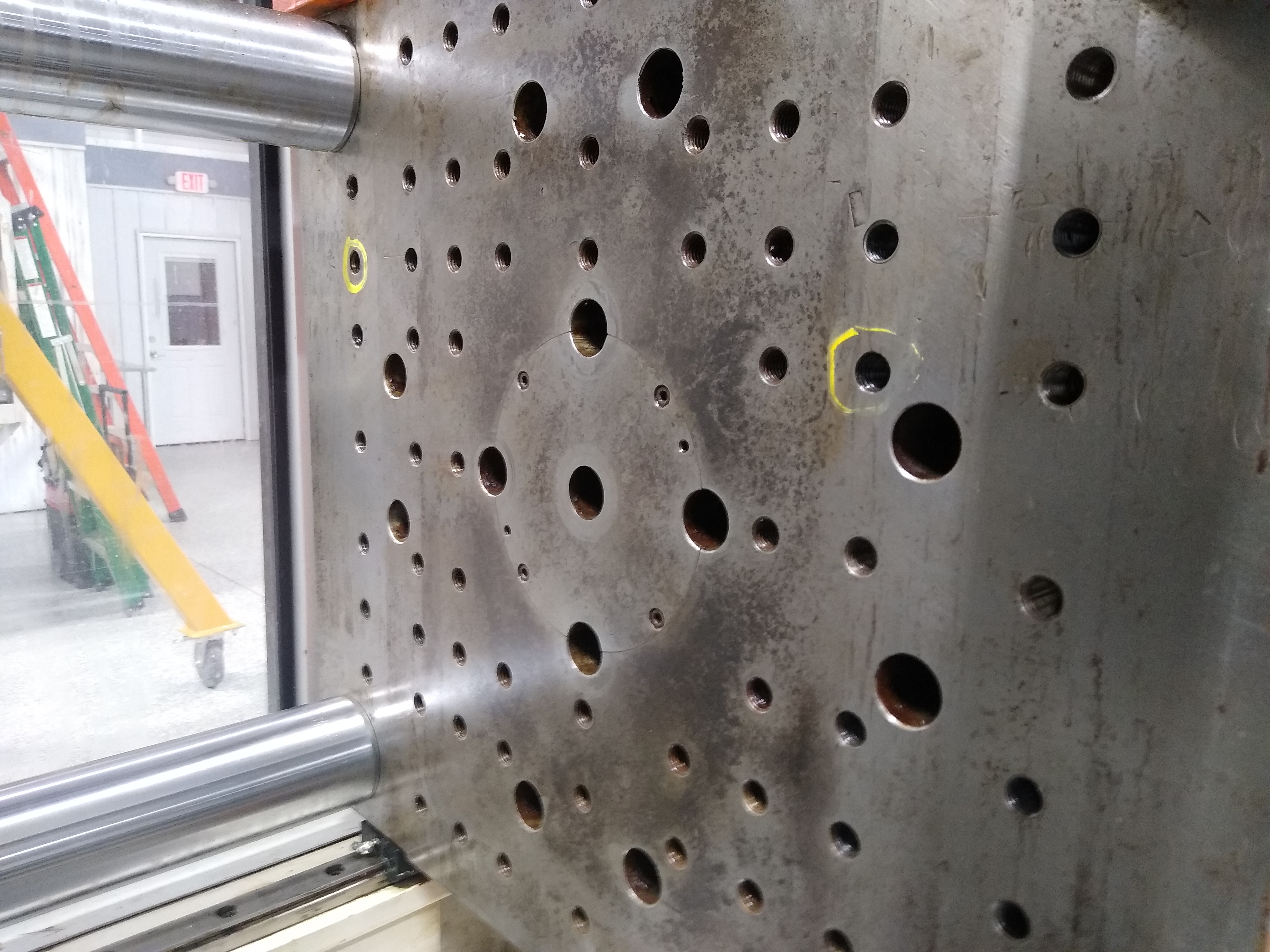Discover Suensa’s expertise on plastic material selection for injection molding to optimize performance and cost-effectiveness.
Expert Guidance in Material Selection
Material selection is a critical aspect of injection molding that directly impacts the performance, quality, and cost-effectiveness of manufactured parts.
At Suensa, we specialize in material selection services tailored to the unique requirements of each project, leveraging our expertise and industry knowledge to recommend the most suitable plastic materials for our clients’ applications.
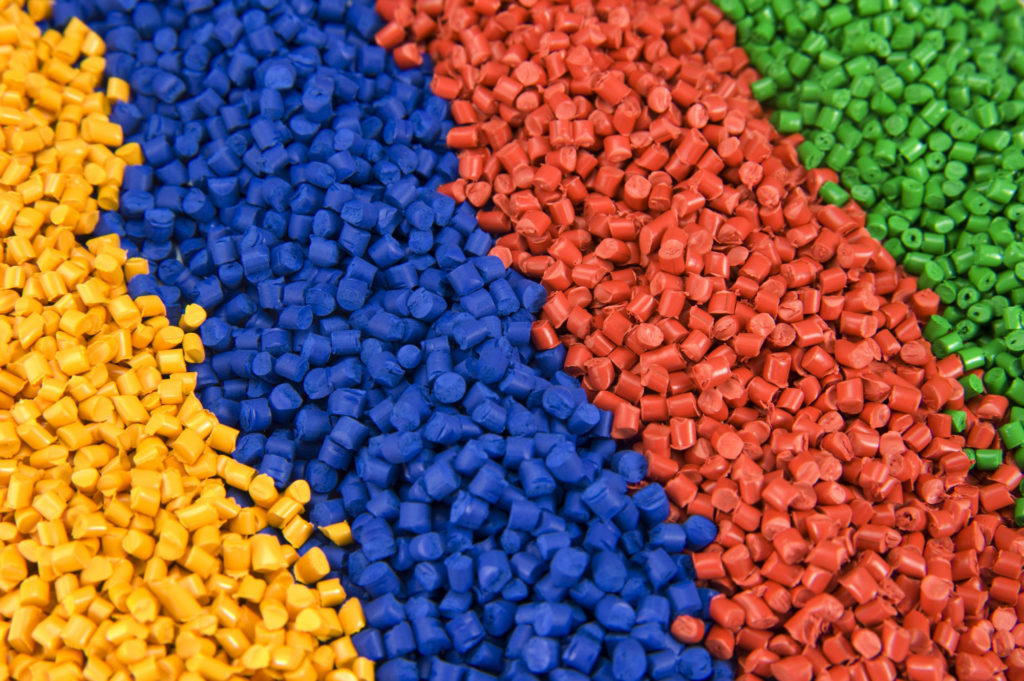
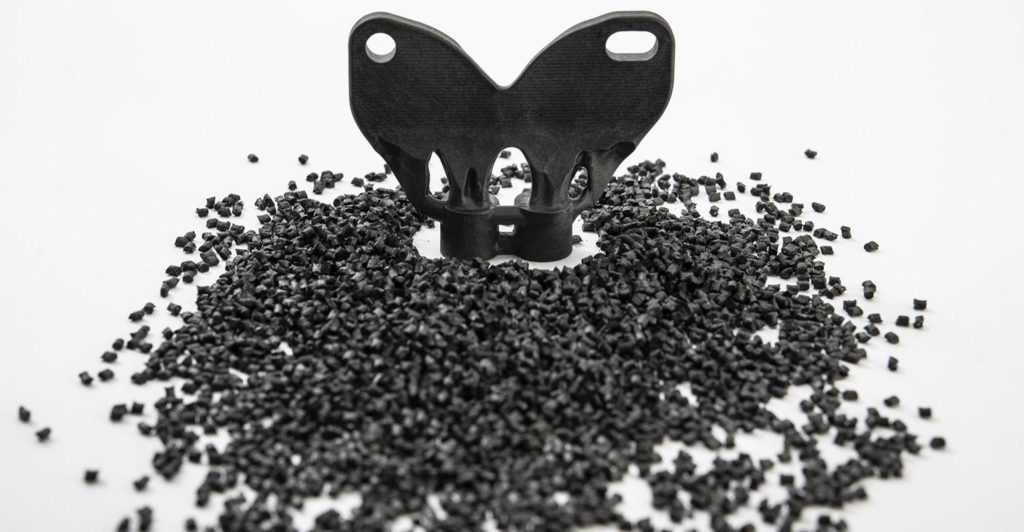
Injection molding offers a wide range of plastic material options, including thermoplastics, thermosets, elastomers, and composite materials.
Each material type offers distinct properties and characteristics that make it suitable for specific applications, ranging from structural components to consumer products to medical devices.
Thermoplastics are the most commonly used materials in injection molding due to their versatility, ease of processing, and wide range of available grades. These plastic materials can be melted and reshaped multiple times without significant degradation, making them ideal for high-volume production and complex geometries.
Common thermoplastics used in injection molding include polyethylene (PE), polypropylene (PP), polystyrene (PS), acrylonitrile butadiene styrene (ABS), polyamide (PA), and polycarbonate (PC).
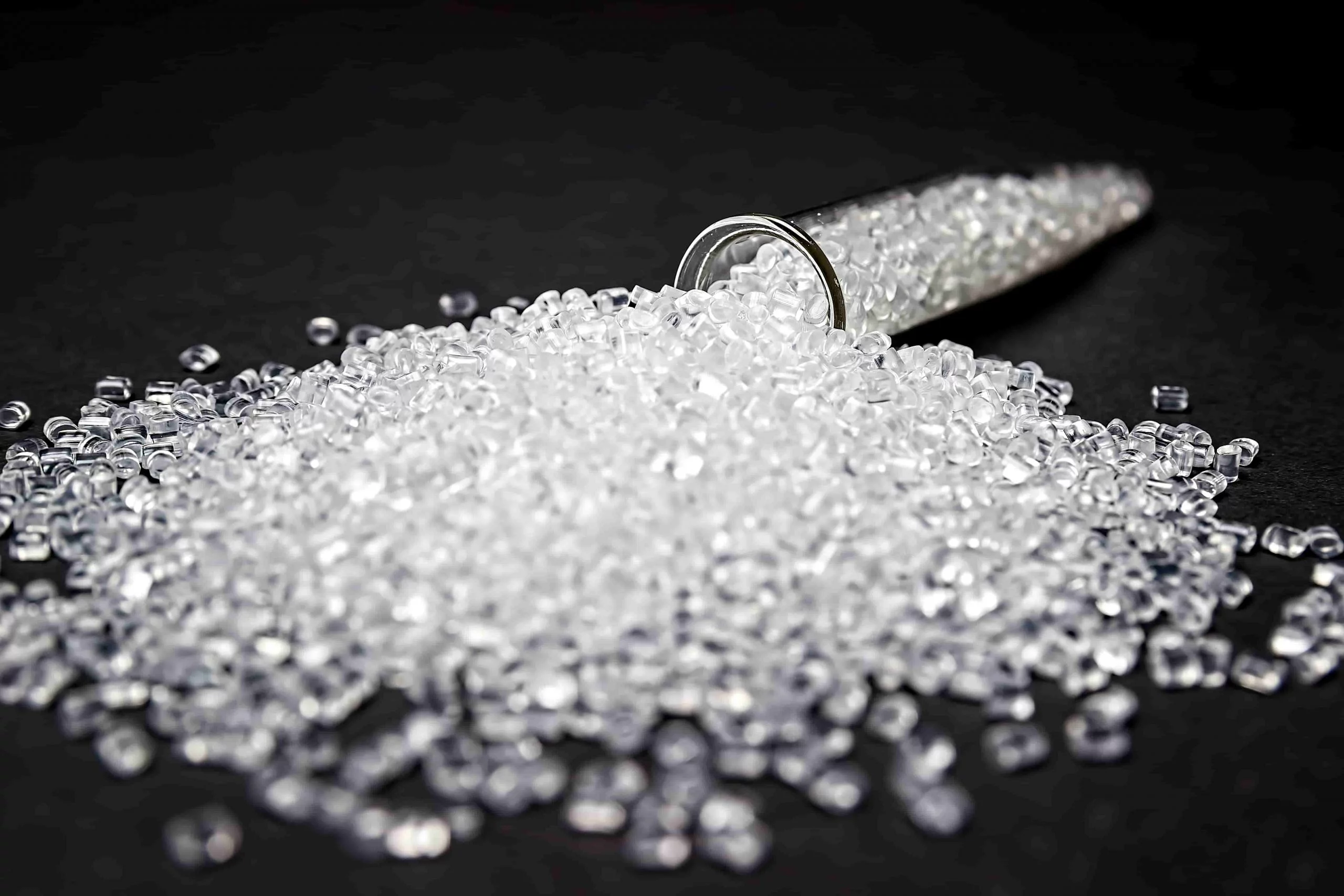
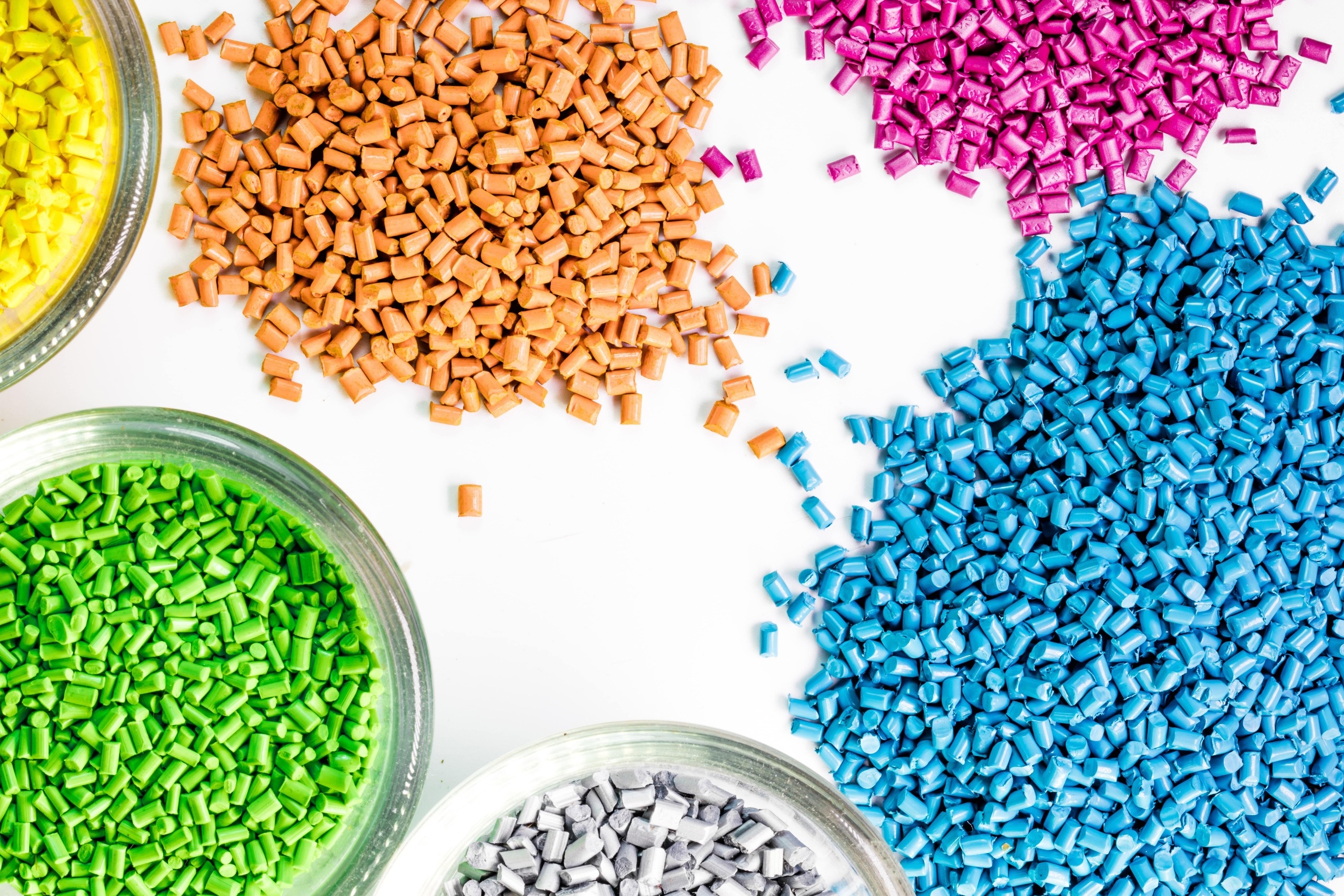
Composite materials combine two or more different materials to achieve enhanced mechanical, thermal, or electrical properties. These materials are often used in high-performance applications where standard polymers alone may not meet the required specifications. Examples of composite materials used in injection molding include glass-filled polymers, carbon fiber-reinforced polymers, and metal-filled polymers.
Thermoset materials undergo a chemical reaction during processing that irreversibly cures them into a solid form. These materials offer excellent dimensional stability, heat resistance, and electrical insulation properties, making them suitable for applications such as electrical components, automotive parts, and appliance housings. Examples of thermoset materials used in injection molding include phenolic resins, epoxy resins, and polyurethane resins.
Elastomeric materials, also known as rubbers or elastomers, exhibit elastic properties and high resilience, making them ideal for applications requiring flexibility, impact resistance, and vibration damping. These materials are commonly used in automotive seals, gaskets, O-rings, and medical device components. Examples of elastomeric materials used in injection molding include silicone rubber, EPDM rubber, and polyurethane elastomers.
At Suensa, we have extensive experience and expertise in material selection for injection molding applications. Our team of engineers and materials experts works closely with clients to understand their project requirements, performance criteria, and budget constraints. We evaluate various material options and recommend the most suitable materials based on factors such as mechanical properties, chemical resistance, thermal stability, and regulatory compliance.

use the most suitable material
Our Expertise in Material Selection
With years of experience in the injection molding industry, Suensa has established a reputation for excellence in material selection and process optimization. Our team of mechanical and material engineers, molding experts, project managers bring a wealth of knowledge and expertise to every project, ensuring superior outcomes and customer satisfaction.
Key Considerations
Material Properties
We evaluate the mechanical, thermal, chemical, and electrical properties of materials to ensure they meet the performance requirements of your application. Factors such as strength, stiffness, impact resistance, and temperature resistance are carefully considered to optimize part performance.
Cost and Availability
We take into account cost considerations and material availability to help you make informed decisions that align with your budget and project timeline. Our goal is to identify cost-effective materials without compromising on quality or performance.
Design Requirements
We work closely with design engineers to understand the intricacies of the part geometry, functionality, and manufacturing process. By considering design constraints and requirements upfront, we can recommend materials that facilitate efficient molding processes and ensure optimal part quality.
Regulatory Compliance
We ensure that selected materials comply with relevant industry standards, regulations, and certifications. Whether your project requires materials with specific chemical resistance, flame-retardant properties, or biocompatibility, we can help you navigate regulatory requirements and select suitable materials.
REDUCE SCRAP AND WASTE
Regrind Operation Implementation
Regrind undoubtedly has a significant role to play in reducing waste and cost in the plastics industry. However, its successful implementation relies on establishing proper procedures and disciplines on the production floor. Regardless of the chosen method, it is crucial to ensure that parts produced with regrind are fully qualified to minimize any potential performance risks.
expert material guidance
Strategic Advisory For Material Science
By leveraging our expertise in plastic material selection, we help our clients achieve optimal performance, reliability, and cost-effectiveness in their injection molding projects.
Whether you’re developing a new product, optimizing an existing one, or trying to implement regrind operations into the process, we are here to provide material selection solutions that meet your needs and exceed your expectations.
Contact us today to learn more about how we can help you select the right materials for your injection molding applications.
